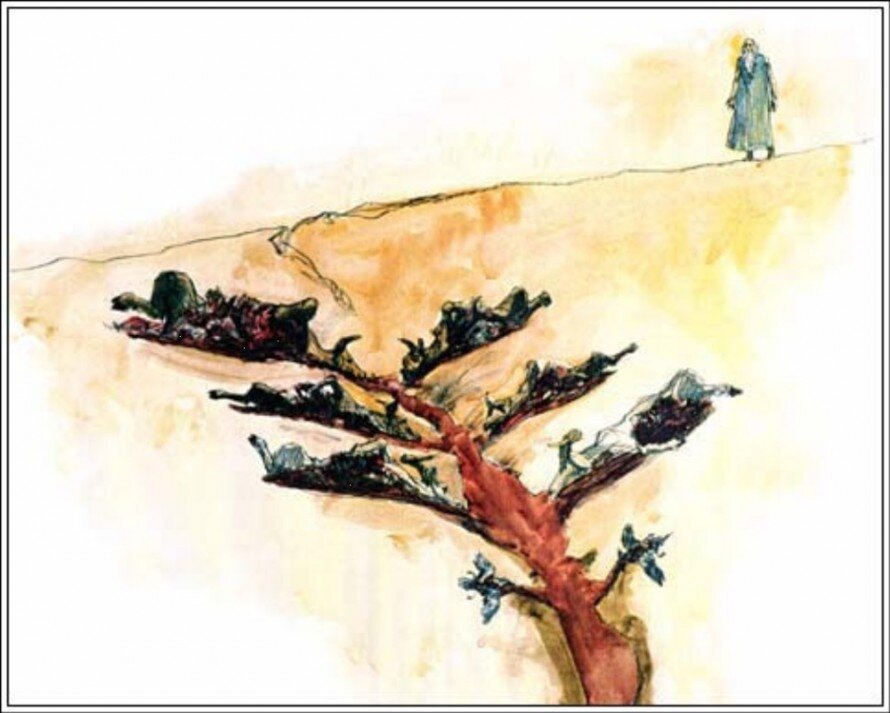The Meaning of Circumcision
Let me say it again: the story of the Patriarchs (Abraham, Isaac, and Jacob) in Genesis 12-36 is a story of their education and formation into what family life will need to be like if the covenant will need to be passed down generation to generation. An important part of that covenant is circumcision, but what does it really mean?
I found this comment from Leon Kass to be helpful:
“Male circumcision was, of course, a custom already widely practiced in the ancient world. In pagan societies, circumcision, performed at the time of puberty, was part of a male rite of passage (it may also have served symbolically as an act of human sacrifice to the gods). A mark on his maleness, circumcision was a sign not only of the youth’s new sexual potency but also of his initiation into the male role and male society (putting an end to his primary attachment to his mother and the household, to the society of women and children). But in the new way of ancient Israel, the special obligation of the covenant gives the practice of circumcision a new and nearly opposite meaning. An initiation rite of passage of young males into adult masculinity is transformed into a paternal duty regarding the male newborn. Israel’s covenant with God begins by transforming the meaning of male sexuality and manliness altogether.
I find that really interesting: the Lord is teaching Abraham and his descendants that true masculinity is not a conquering masculinity but a masculinity that is dedicated to something greater than itself, namely toward others.
















![[Image: “Virgin Mary Consoles Eve.” Crayon and pencil by Sister Grace Remington, OCSO, 2003, Sisters of the Mississippi Abbey.]](https://images.squarespace-cdn.com/content/v1/5d70f59aefca59000162e4e6/1579143012644-10Y0SEYS07R5NQWCG1RS/tumblr_nudb6u53As1qfvq9bo1_r1_1280.jpg)


